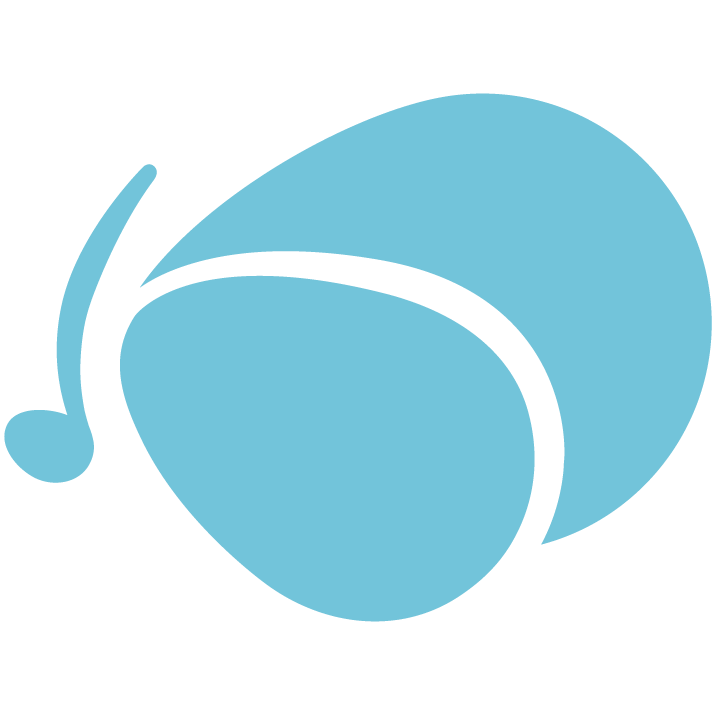The Improviser's Toolkit
Arm yourself with some tools for throwing down amazing solos over chord changes!
What is life but improvisation? If you're a living, breathing human, you're already a pro at existing on the fly — rolling with the punches and trying to scratch out your own, unique tune. We want to help you capture that in your music.
This free course was designed to give early improvisers some tools to craft an amazing solo over a set of chord changes. While the course is taught through piano, many of these techniques are useful no matter what instrument you're soloing with.
Whether you want to improvise during a jam session, between songs at your live show, or just to spark new songwriting ideas at home, improvization is a fun way to find creative riffs, tones, or rhythms you may not have otherwise tried. It’s time to get creative, and start improvising.
Mahea Lee
Mahea Lee is a classical pianist who went to a jazz school and eventually found herself leading an electro group. She is passionate about musical composition in all its forms — from songwriting to traditional SATB to post-bop-influenced pieces, and everything in between. She's worked as an educator, an arranger, a performer, an accompanist, and a music director.
Course Outline
-
Section 1
Introduction
-
Section 2
Listening
-
Section 3
Chord Tones
-
Section 4
Common Tones
-
Section 5
Rhythm
-
Section 6
Space
-
Section 7
Conclusion
MORE INFORMATION
Who is this course for?
"The Improviser's Toolkit" was designed to help musicians improve their improvisational skills and build their confidence. It offers an insightful and achievable approach to playing better solos on the spot in just about any musical genre. While "The Improviser's Toolkit" was written with beginner to early intermediate pianists in mind, it's also a great resource for any musician who's learning to solo over chord progressions.
What are the requirements?
The only requirement is that you have an instrument available and that you know some basic chord progressions. If you're just starting out, or you'd like to brush up on some basic paino chords and scales, check out our free courses Building Blocks of Piano and Music Theory for Beginner Pianists.
How long does it take?
Plan to take about 2 hours to go through the course material and practice what you're learning. As with anything in music, practice is necessary to learn and improve, so the more time you can give to the concepts in the course, the stronger your improvising will be.
What can I expect to get from this course?
By the end of this course you will have covered five improvisational tools and a handful of tips and strategies for using them. Tools include:
- Listening/Transcription
- Chord Tones
- Common Tones
- Rhythm
- Space
Each video introduces a new tool that will inspire musicians to start experimenting in their practice. In addition to the videos, our community of improvisers will be encouraged to join in the discussion by finding and sharing examples of the tools in context, and talking about their experiences.
Throw caution to the wind and learn to color outside the lines!
